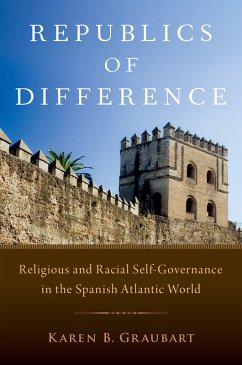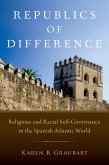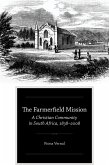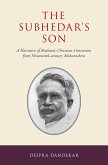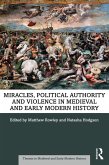Spanish monarchs recognized the jurisdictions of many self-governing corporate groups, including Jews and Muslims on the peninsula, indigenous peoples in their American colonies, and enslaved and free people of African descent across the empire.
Republics of Difference examines fifteenth-century Seville and sixteenth- and seventeenth-century Lima to show how religiously- and racially-based self-governance functioned in a society with many kinds of law, what effects it had on communities, and why it mattered. By comparing these minoritized communities on both sides of the Spanish Atlantic world, this study offers a new understanding of the distinct standings of those communities in their urban settings. Drawing on legal and commercial records from late medieval Spain and colonial Latin America, Karen B. Graubart paints insightful portraits of residents' everyday lives to underscore the discriminatory barriers as well as the occupational structures, social hierarchies, and networks in which they flourished. In doing so, she demonstrates the limits, benefits, and dangers of living under one's own law in the Spanish empire, including the ways self-governance enabled some communities to protect their practices and cultures over time.
Dieser Download kann aus rechtlichen Gründen nur mit Rechnungsadresse in A, B, BG, CY, CZ, D, DK, EW, E, FIN, F, GR, HR, H, IRL, I, LT, L, LR, M, NL, PL, P, R, S, SLO, SK ausgeliefert werden.

